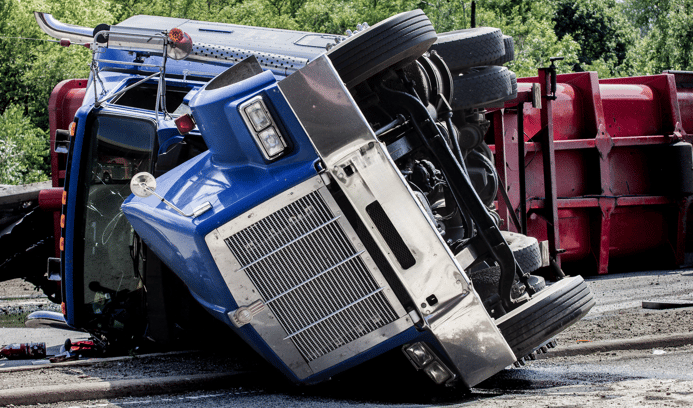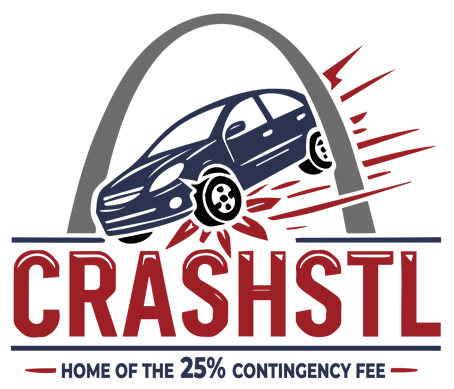Can 18-Wheelers Legally Drive on Residential Streets?
10/28/20242 min read


Understanding the Role of 18-Wheelers in the Supply Chain
18-wheelers, also known as semi-trucks or tractor-trailers, are the backbone of the U.S. supply chain, transporting approximately 71% of all freight nationwide. These massive vehicles enable the efficient movement of goods, from perishable food to essential construction materials, ensuring that communities and businesses can thrive. Their capacity to handle large quantities of goods underscores their importance to grocery stores, local businesses, and industries that depend on timely deliveries.
As essential as these trucks are, accidents involving 18-wheelers can lead to devastating consequences. If you or a loved one has been affected, consulting an experienced 18-wheeler accident attorney is crucial to understanding your legal options.
Regulations Governing Semi-Trucks in Residential Areas
A complex framework of local, state, and federal regulations governs the operation of semi-trucks on residential streets. These rules aim to balance the logistical needs of the supply chain with the safety and quality of life in residential areas. Local ordinances often restrict truck access to specific routes, enforce weight limits, and impose penalties for non-compliance.
As regulations evolve, affected individuals may navigate legal challenges related to trucking accidents. A qualified St. Louis trucking accident attorney can provide guidance in cases where violations of these regulations contribute to injuries or damages.
Safety Concerns with 18-Wheelers on Neighborhood Streets
Safety remains a critical concern when 18-wheelers enter residential areas. These vehicles, weighing up to 76,000 pounds, pose significant risks to pedestrians, cyclists, and smaller vehicles. Their size and weight contribute to longer braking distances and limited maneuverability, increasing the likelihood of accidents.
In the unfortunate event of a trucking accident, victims often face severe injuries or fatalities. Seeking the assistance of the best motorcycle accident lawyer or a trucking accident specialist can help injured parties secure the compensation they deserve.
Balancing Supply Chain Needs with Community Safety
While the presence of semi-trucks in residential areas is sometimes unavoidable, innovative solutions can help minimize risks:
Designated Truck Routes: Establishing clear routes for heavy vehicles reduces their impact on residential streets, enhances safety, and reduces noise pollution.
Time-of-Day Restrictions: Limiting truck operations during peak residential hours helps balance supply chain needs with community comfort.
Technology-Driven Solutions: Tools like GPS routing software and truck-tracking systems can optimize delivery paths, keeping trucks out of neighborhoods.
Communities can address safety concerns without disrupting essential supply chains by fostering collaboration between local governments, residents, and transportation companies.
If you've been injured in an accident involving an 18-wheeler or semi-truck, contacting a semi truck accident attorney can help you understand your rights and navigate complex legal claims. Trucking accidents often require specialized knowledge of industry regulations, and an experienced attorney can ensure you're fully represented.
You can contact a qualified attorney today for trusted guidance in semi-truck or motorcycle accident cases.
Contact Us Today!
Contact an industry-best car accident lawyer for a fraction of the cost.
Keep more of your settlement.
